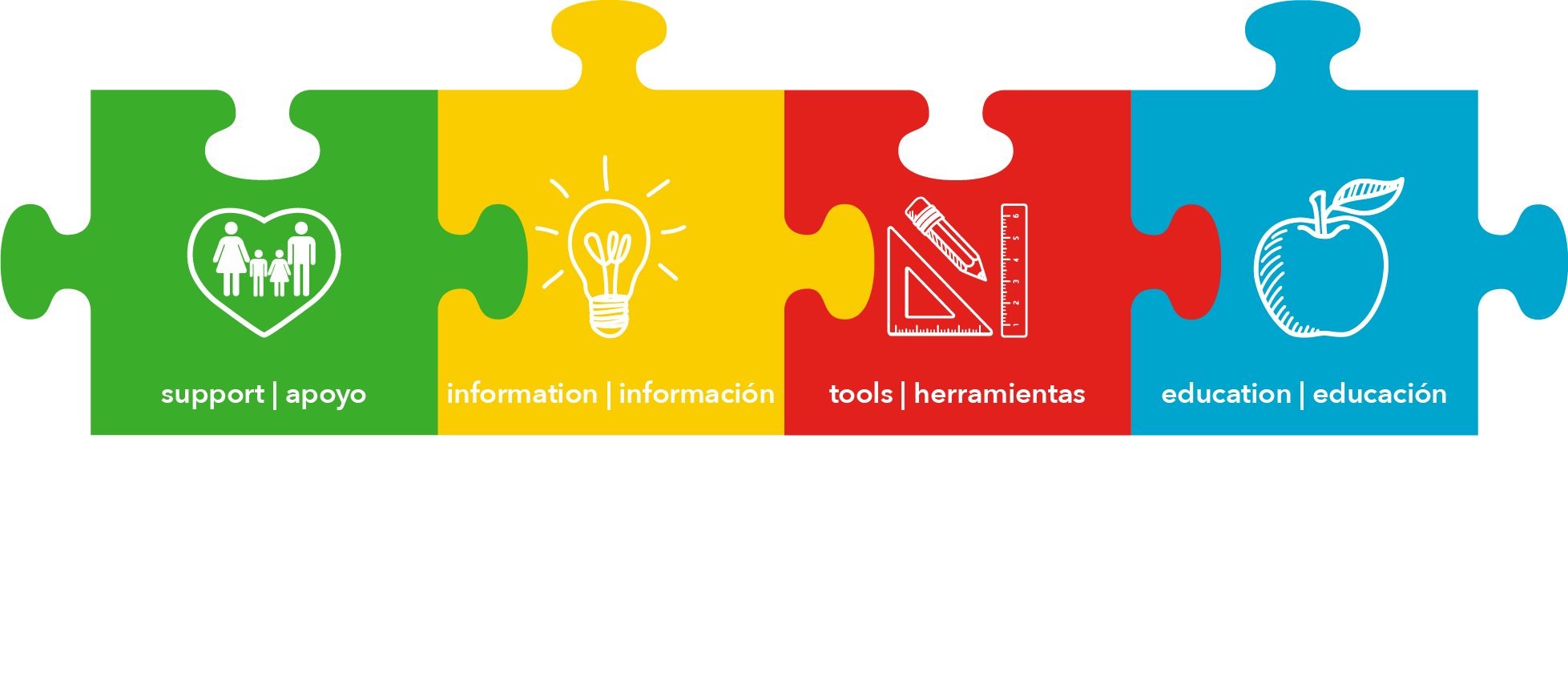If you are at increased risk for severe illness, consider avoiding high-risk gatherings. The risk of COVID-19 spreading at events and gatherings increases as follows:
Lowest risk: Virtual-only activities, events, and gatherings.
More risk: Smaller outdoor and in-person gatherings in which individuals from different households remain spaced at least 6 feet apart, wear masks, do not share objects, and come from the same local area (e.g., community, town, city, or county).
Higher risk: Medium-sized in-person gatherings that are adapted to allow individuals to remain spaced at least 6 feet apart and with attendees coming from outside the local area.
Highest risk: Large in-person gatherings where it is difficult for individuals to remain spaced at least 6 feet apart and attendees travel from outside the local area.
Stay healthy during the COVID-19 pandemic
Staying healthy during the pandemic is important. Talk to your healthcare provider about whether your vaccinations and other preventive services are up to date to help prevent you from becoming ill with other diseases.
- It is particularly important for those at increased risk of severe illness, including older adults, to receive recommended vaccinations against influenza and pneumococcal disease.
- Remember the importance of staying physically active and practicing healthy habits to cope with stress.
If you have an underlying medical condition, you should continue to follow your treatment plan:
- Continue your medicines and do not change your treatment plan without talking to your healthcare provider.
- Have at least a 30-day supply of prescription and non-prescription medicines. Talk to a healthcare provider, insurer, and pharmacist about getting an extra supply (i.e., more than 30 days) of prescription medicines, if possible, to reduce your trips to the pharmacy.
- Do not delay getting emergency care for your underlying medical condition because of COVID-19. Emergency departments have contingency infection prevention plans to protect you from getting COVID-19 if you need care.
- Call your healthcare provider if you have any concerns about your underlying medical conditions or if you get sick and think that you may have COVID-19. If you need emergency help, call 911 right away.
- If you don’t have a healthcare provider, contact your nearest community health center or health department.



